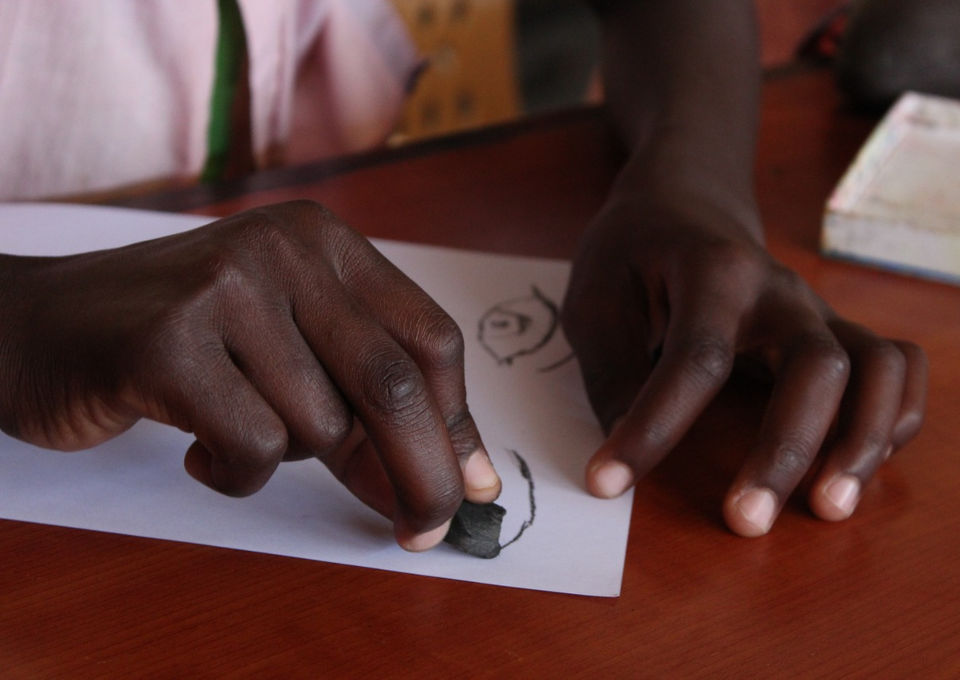Thinking about gender diversity and ageing* It seems almost a cliché to point out that we’re living in an ageing society. In most parts of the world, people are living longer, birth rates are declining, and that raises big questions about how we structure public services and broader society. We also live in a world… Read More
Supporting mental health and wellbeing in secondary schools and colleges.
Care-experienced children and young people may experience more problems with their mental health and have lower wellbeing than their non-care-experienced peers. Schools are seen as an important setting for supporting the mental health and wellbeing of all children and young people, but there are few school-based interventions that are specifically designed to support care-experienced students… Read More
Supporting mental health and wellbeing in secondary schools and colleges.
Care-experienced children and young people may experience more problems with their mental health and have lower wellbeing than their non-care-experienced peers. Schools are seen as an important setting for supporting the mental health and wellbeing of all children and young people, but there are few school-based interventions that are specifically designed to support care-experienced students… Read More
The Cardiff Christmas Dinner 2023
Last year, a group of hosts in and around Cardiff, some from CASCADE, worked together to provide Christmas dinner and a celebration for care-experienced people. The team were filled with nerves ahead of the big day, with referrals still coming in up to the week before Christmas. A chef volunteered three days of their time… Read More
Working with Children who have Experienced Neglect
Neglect is the most common reason for a child to be on a child protection plan in the UK – in 2021 this amounted to over 27,000 children (NSPCC, 2022). Neglect has been found to be prevalent in three-quarters of child case reviews concerning the death or serious harm of children, and is experienced by… Read More
Reframing adoption in education through identity
For adoptees, a persistent and enduring education attainment gap exists. Experiences of schooling are further impacted by wider contextual factors, such as the construction of a consistent and coherent adoption narrative. Adopted children are set apart from most of their peers in relation to their experience of early adversities, leading to an entirely different family… Read More
KEEPING CONNECTED
An adopted child’s identity will always encompass multiple elements and a child’s long term psychological and mental health depends on finding answers to fundamental questions about who they are. All children looked after will have a contact plan, including those to be adopted. This can be either direct/face-to-face or indirect (e.g., ‘letterbox’[1]). For many years… Read More
Early Permanence
Early Permanence is a child-centred practice that offers stability at a very early stage, preventing multiple moves and the associated trauma of separation from and loss of attachment figures, until a court has reached a decision about the final care plan for a child. The need for good quality care planning for children and twin… Read More
Race in Adoption, the Absent Presence.
In the 1960’s children from Black and Global Majority backgrounds were considered unadoptable and transracial adoption (TRA) was encouraged to prevent children from staying in long-term foster or residential care. Though as the testimonies of some transracially adopted adults were heard, the ability of TRA to provide children with positive racial/ethnic identities and a sense… Read More
Two mothers, one child: an adoptive mother and birth mother with direct contact
Abbie lived in the South of England and had been invited to help on the playscheme, because she had knowledge and experience of a type of communication strategy that the school were trying to introduce. I had been family finding for T for about a year and had found one potential match which fell through.… Read More










